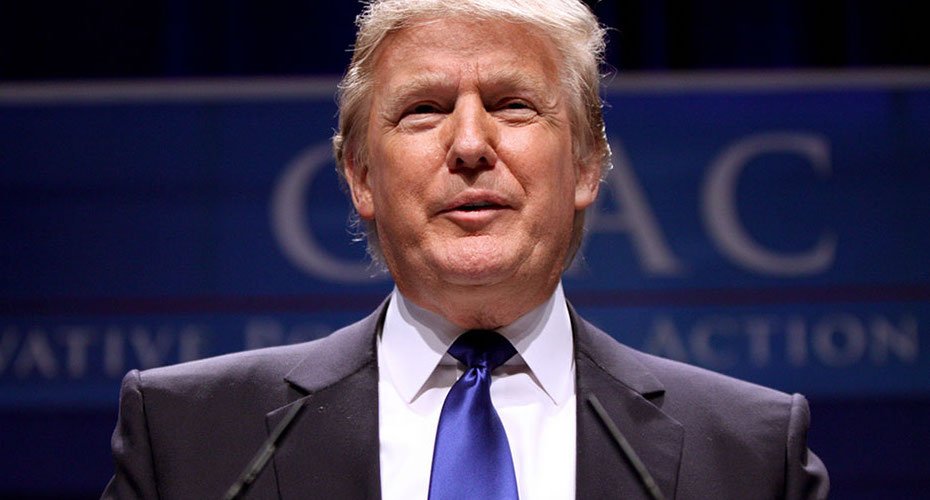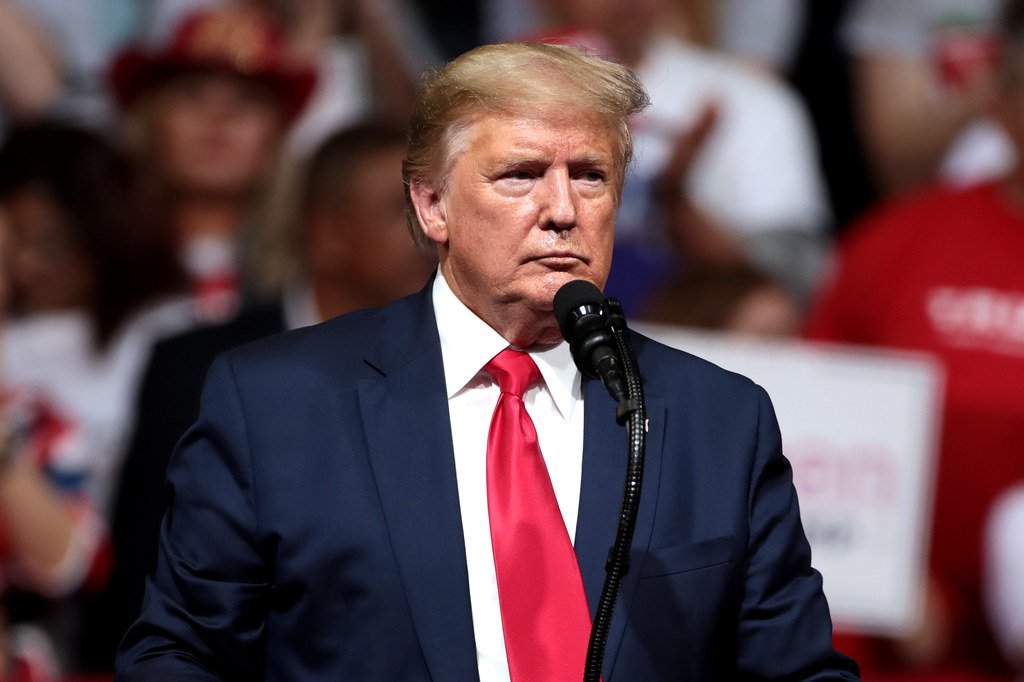By BlogHear News Desk
Date: June 5, 2025
Former U.S. President Donald Trump has signed a new proclamation banning or restricting travel to the United States from 19 countries, citing national security concerns. The travel ban, which is set to take effect at 12:01 AM (05:01 BST) on Monday, impacts 12 nations with a full ban and imposes partial restrictions on seven others.
Countries Affected
The ban applies to the following 12 countries:
- Afghanistan
- Myanmar
- Chad
- Republic of the Congo
- Equatorial Guinea
- Eritrea
- Haiti
- Iran
- Libya
- Somalia
- Sudan
- Yemen
Partial travel restrictions are imposed on:
- Burundi
- Cuba
- Laos
- Sierra Leone
- Togo
- Turkmenistan
- Venezuela
The order does not specify an end date but will undergo periodic reviews. It is the second such ban enacted by Trump, echoing his 2017 order that sparked significant legal and political controversy.
Justification for the Ban
The White House described the move as a “common-sense measure” to safeguard Americans from “dangerous foreign actors.” In a video statement, Trump cited a recent alleged terror attack in Boulder, Colorado, as justification for the heightened scrutiny, though the country of origin for the suspect—Egypt—is not included in the list.
The administration accused the affected countries of failing to adequately share security and identity-related information needed for effective vetting of their nationals.
Exemptions
Certain individuals from affected countries may still qualify for entry, including:
- Athletes participating in international sporting events such as the 2026 FIFA World Cup or the 2028 Olympics
- Immigrant visa holders from persecuted minority groups in Iran
- Afghan nationals with Special Immigrant Visas
- U.S. lawful permanent residents
- Dual nationals traveling under a passport from a non-banned country
- Individuals granted waivers by the Secretary of State based on national interest
Reactions at Home and Abroad
The move has prompted swift criticism from Democrats and human rights groups. Rep. Pramila Jayapal (D-WA) called the decision “an expanded Muslim ban” that “isolates the U.S. further on the global stage.” Rep. Don Beyer (D-VA) accused Trump of “betraying American values.”
Amnesty International USA denounced the ban as “discriminatory, racist, and downright cruel,” while Human Rights First labeled it another “anti-immigrant and punitive action.”
Somalia’s ambassador to the U.S. responded diplomatically, stating Somalia would cooperate with U.S. authorities to address security concerns. In contrast, Venezuela’s Interior Minister warned that travel to the U.S. “is a risk for anyone.”
A History of Controversy
Trump’s previous travel ban in 2017, often referred to as the “Muslim ban,” targeted several of the same countries and faced immediate legal opposition. After being revised and challenged in courts, the ban was ultimately upheld by the Supreme Court in 2018. President Joe Biden later repealed it in 2021, calling it “a stain on our national conscience.”
This latest move reopens legal and ethical debates around immigration policy, national security, and America’s global reputation—debates that may intensify as Trump seeks a return to the presidency.
For more global political news and unbiased updates, visit BlogHear.com




